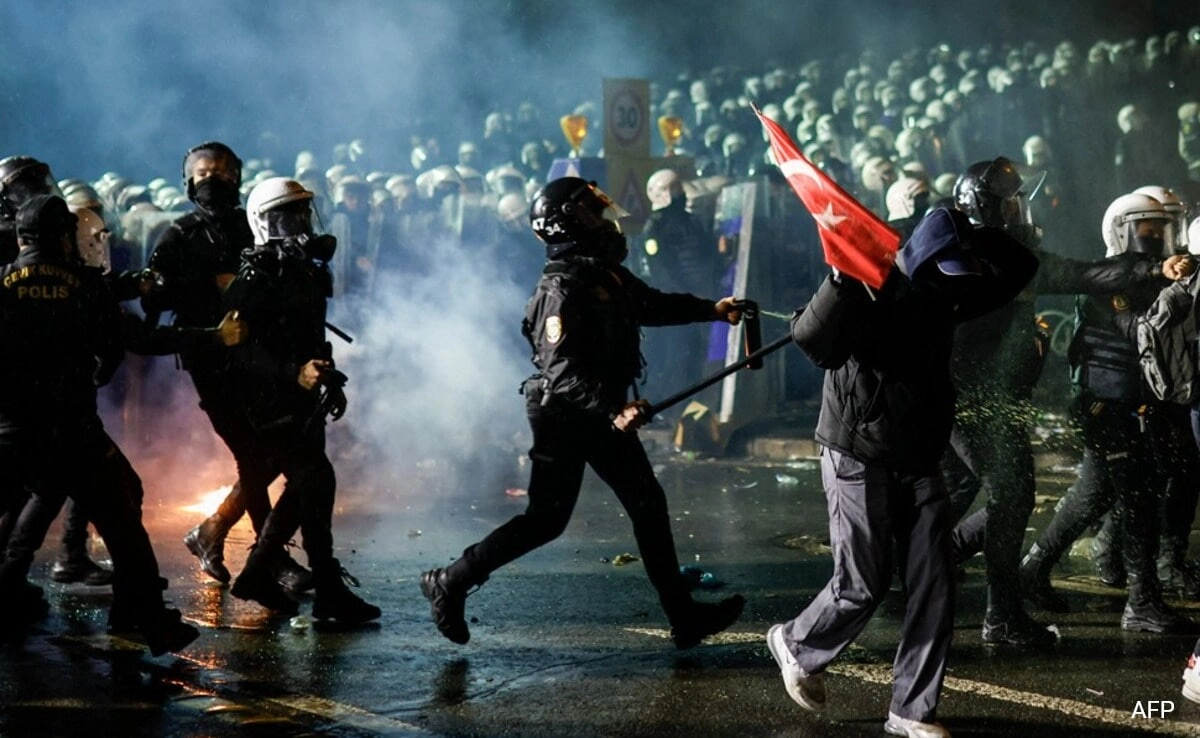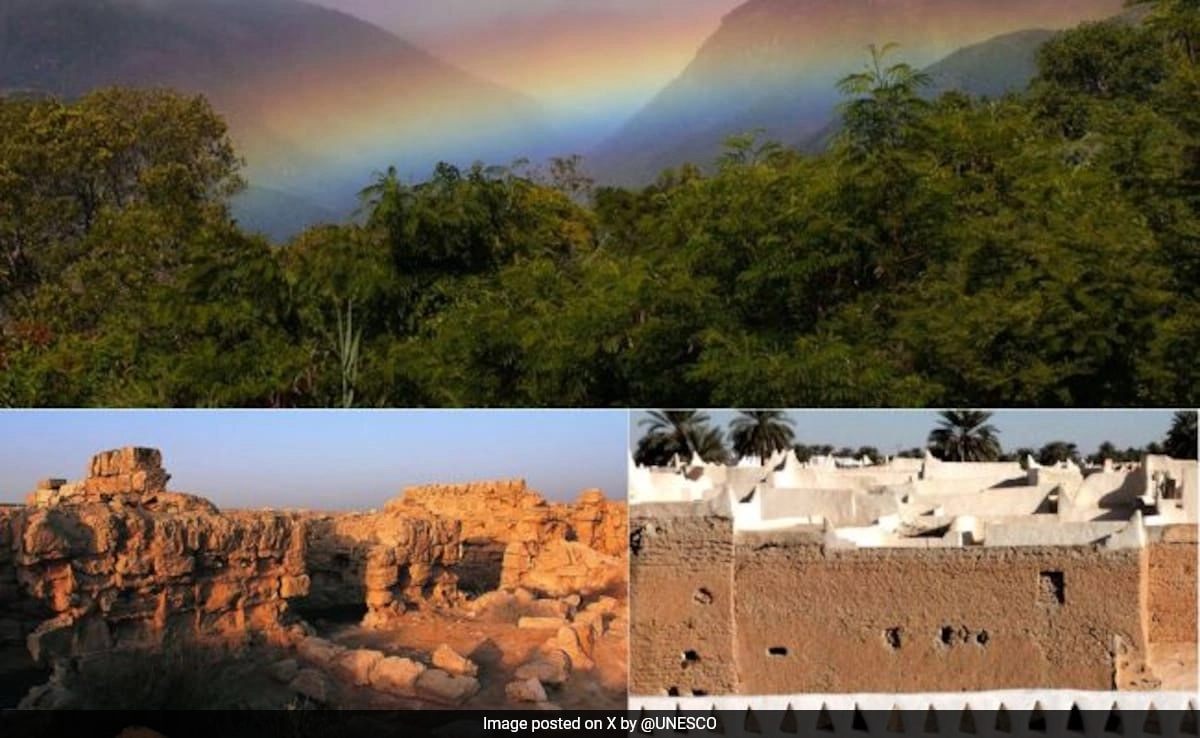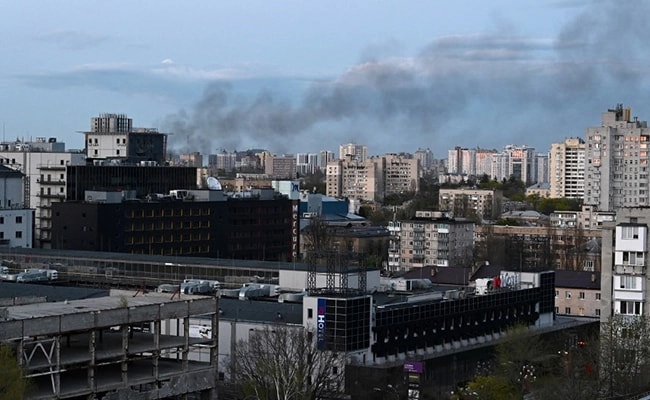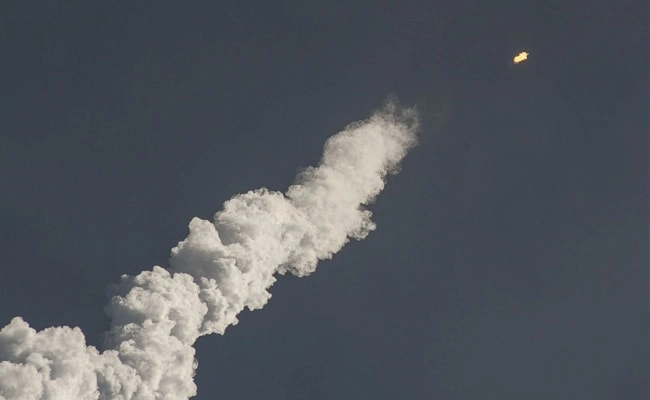Tensions in Turkey have escalated following the recent imprisonment of President Recep Tayyip Erdoğan’s main political rival, Kemal Kılıçdaroğlu. The arrest has ignited widespread protests across the country, as many citizens view the move as a blatant attempt to stifle dissent and suppress political opposition. Kılıçdaroğlu, the leader of the Republican People’s Party (CHP), has been a vocal critic of Erdoğan’s administration, particularly regarding issues such as economic mismanagement, corruption, and erosion of democratic institutions. His imprisonment has not only galvanized support from his party but has also drawn in various civil society groups and activists who are concerned about the state of democracy in Turkey.
The protests, which have erupted in major cities including Istanbul and Ankara, reflect a growing frustration among the populace regarding the authoritarian tendencies of Erdoğan’s government. Many demonstrators are calling for Kılıçdaroğlu’s immediate release and demanding greater political freedoms. The situation has sparked debates about the future of Turkey’s democracy and the rule of law, with critics arguing that the government is increasingly resorting to repressive measures to maintain control. In light of these developments, international observers are closely monitoring the situation, as Turkey’s geopolitical significance in the region cannot be overlooked.
As the protests continue to unfold, the Turkish government has responded with a heavy police presence and restrictions on public gatherings, further exacerbating tensions. The opposition parties are rallying around Kılıçdaroğlu’s cause, emphasizing the need for solidarity among various factions to challenge Erdoğan’s rule. The outcome of this political crisis could have lasting implications for Turkey’s political landscape, potentially leading to a broader movement advocating for democratic reforms and accountability. As citizens take to the streets, the resilience of Turkey’s civil society is being tested, highlighting the delicate balance between governance and the public’s demand for justice and transparency.




